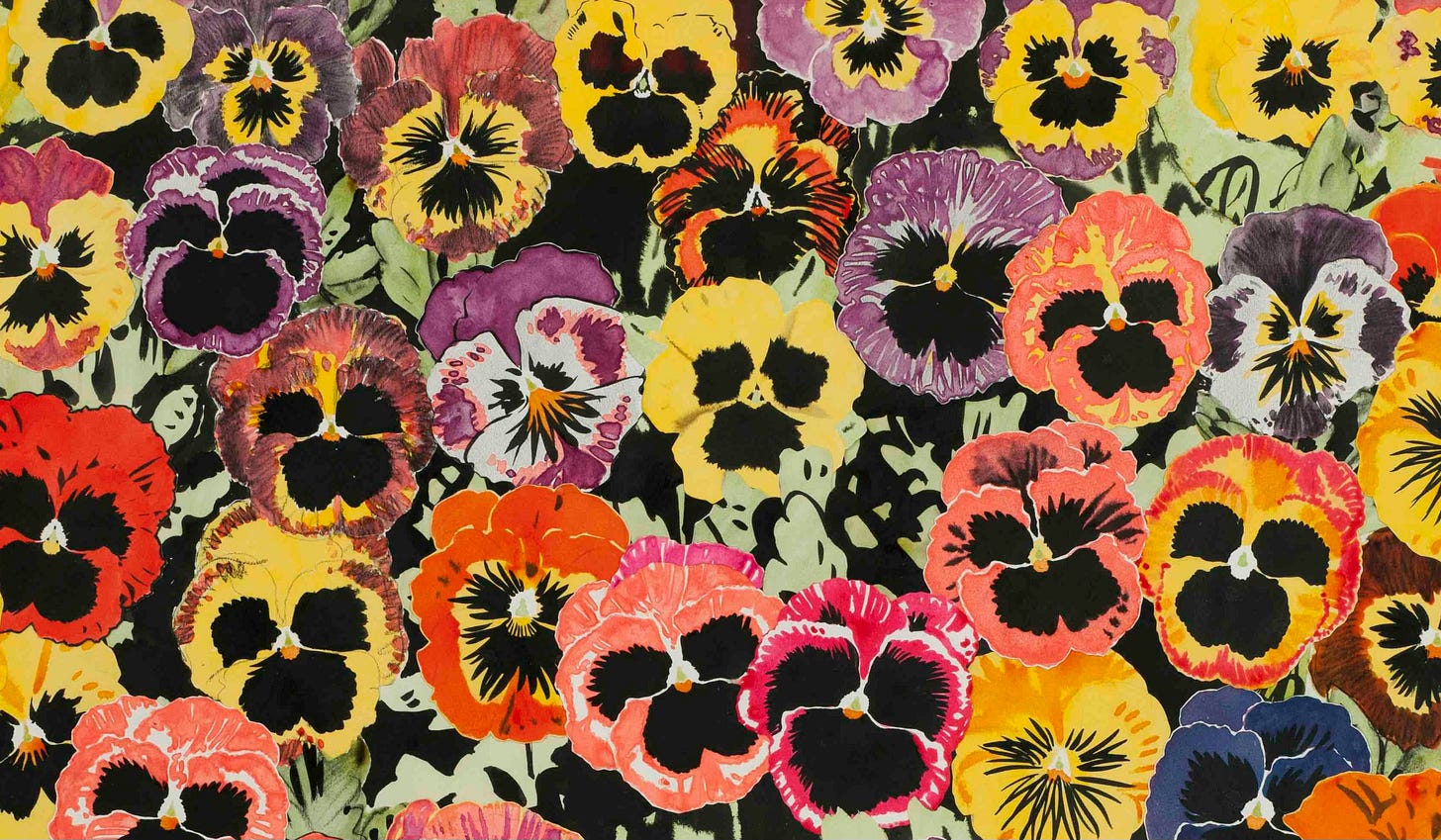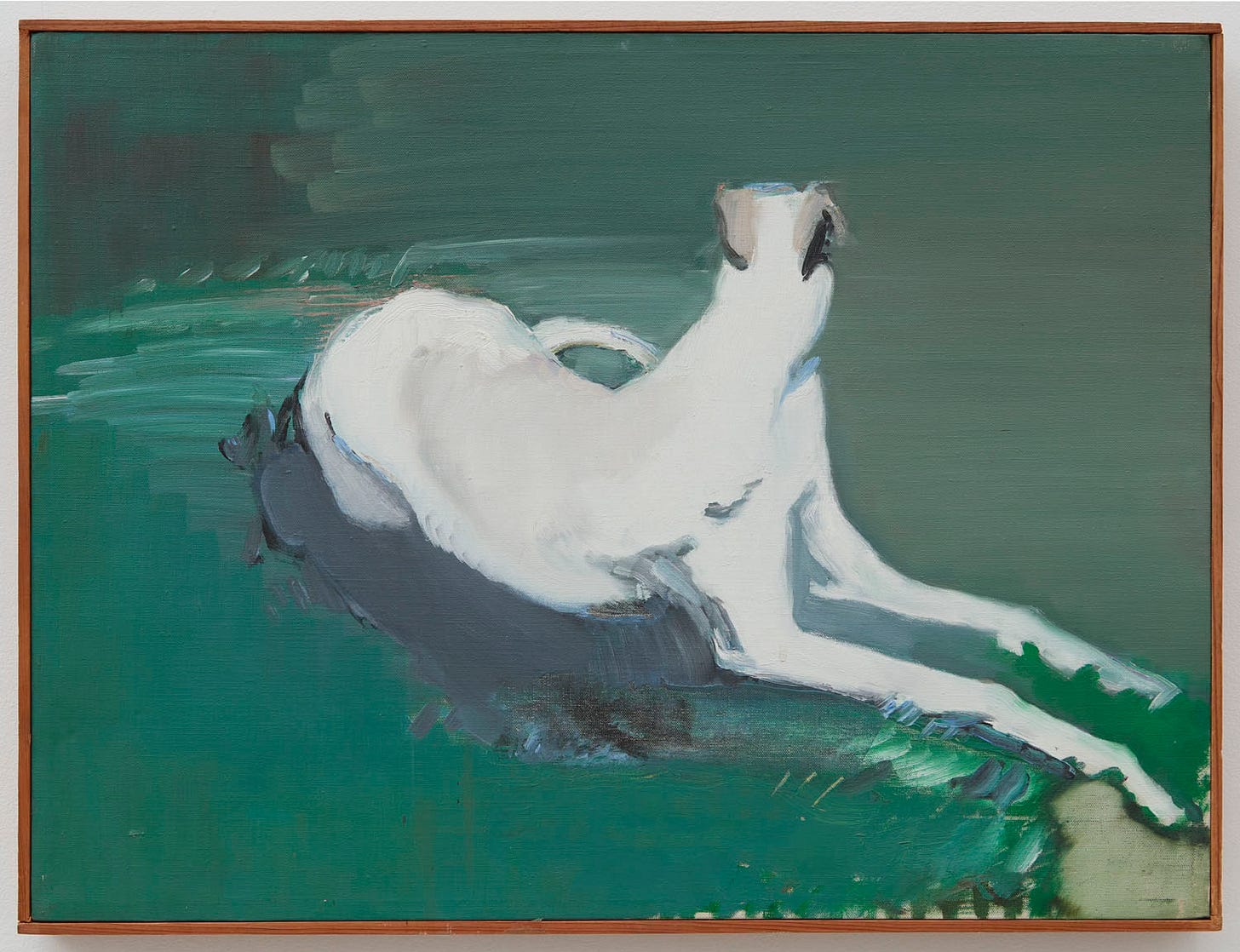I’m teaching my Voice masterclass on 10 February, and when I cover voice I always suggest writers write I Remembers.
I love I Remember exercises. Based on the beguiling book-length memoir-poem by Joe Brainard, and popularised by teachers such as Jack Collom and Kenneth Koch, these pieces of writing simply start each line or sentence with the words I remember and then flow into a memory.
Joe Brainard’s I Remember
An extract is available from his publisher here, and here are other selections:
I remember jumping into piles of leaves and the dust, or whatever it is, that rises.
I remember raking leaves but I don’t remember burning leaves. I don’t remember what we ‘did’ with them.
I remember ‘Indian Summer’. And for years not knowing what it meant, except that I figured it had something to do with Indians.
I remember exactly how I visualised the Pilgrims and the Indians having the first Thanksgiving dinner together. (Very jolly!)
I remember Jack Frost. Pumpkin pie. Gourds. And very blue skies …
I remember the smell (not very good) of burning pumpkin meat inside jack-o’-lanterns.
I remember orange and black jellybeans at Halloween. And pastel-colored ones for Easter.
I remember ‘hard’ Christmas candy. Especially the ones with flower designs. I remember not liking the ones with jelly in the middle very much.
Rereading Joe Brainard’s I Remember today, I’m aware how it conjures up a very specific place and time. I find myself wondering what this means for the attention spans of the digital era, and whether its reference points are dated - this is pre-Girls, pre-Golden Girls, more like the era of I Love Lucy.
But then I think we simply write our own for the record, and enjoy Joe’s for what it is.
Why I Remembers shine so brightly
I Remembers rank among my favourite forms of writing, because:
There is no better way to let your voice in writing grow.
The writing tends to be natural and easy, unforced and uncluttered, with a smooth and even tone – writing from the heart, writing from the gut, writing with authority.
The writing tends to be concrete, vivid, sensory, specific, e.g., elsewhere in Brainard’s poem the house that gave you a dime instead of candy, very light faded blue jeans, ice cubes in the aquarium.
The form shows that repetition is no bad thing, but can have an iterative and incantatory force.
It offers a strong example of the clarity and power of right-branching syntax, where subjects and verbs are placed at the start of a sentence.
The writing usually shows rather than tells: the contents of Brainard’s version – movie stars and songs, the clothes, food, hardship and simple pleasures – conjure up a whole time and place.
The writing is economical – each line or section stops when it has to stop, and then on to the next …
I love lists (if you couldn’t tell).
The form is regarded as both poem and/or prose and/or either/neither, and I love writing that plays with or maybe ignores categories, and simply enjoys being good writing.
The process of free association often takes us to places we never expected – what arises arises. In the extract above I enjoy how we linger in specific recollections of Halloween and then zip quickly via Easter to Christmas, where we will linger a page or two before moving on again. We skip from childhood to adulthood and then back again, between private events and collective memories. There are many such threads and patterns through the book.
The writing is uncensored, authentic. For example, in the example above we have a reference to the Pilgrims and Indians celebrating a jolly Thanksgiving. Such a recollection is based in a romanticised association, and we could break that down or add qualifiers, e.g., in terms of decolonising the historical record. But the actual writing here has an honesty – it’s about recalling a perception, a time and place, and it is being true to that, even if it’s not true to the actual historical record that that memory commemorates. Modern readers need to bring their own intelligence to matters (which, admittedly, isn’t always given).
Elsewhere in the poem we get gender- and race-based descriptions that are products of that time, and there is a lot of sexually graphic and extremely fruity content. It means I’m usually careful about selecting extracts for classes.
And now I am wondering how Joe’s work is faring in our new era of book bans. But again: this has a truth. These rememberings surface honest and true perceptions.
I LOVE JOE BRAINARD! I mean, he also painted pansies and whippets – what more could I want?
And repeating myself – the writing is natural and easy, unforced and uncluttered. Having read a lot of writing in my time that has not embodied such qualities, I have great respect for this.
The simplest things are often the best. Plain things. Once upon a time I didn’t know you could write like this. Discovering that you could - and you should - was a revelation.
Other I Remembers
I like how the imperative mood creates a different focus in Joy Harjo’s poem Remember, instructing us in reminders of our shared history and geography:
Remember the sky that you were born under,
know each of the star’s stories.
Remember the moon, know who she is.
Remember the sun’s birth at dawn, that is the
strongest point of time. Remember sundown
and the giving away to night.
Georges Perec’s book-length I Remember serves as a further point of comparison. Perec places an emphasis on public rather than personal history, adding a specifically Oulipan constraint of including only things that other people could remember too:
245. I remember the Lépine Contest.
246. I remember that Citroën used the Eiffel Tower for a gigantic illuminated advertisement.
247. I remember that de Gaulle had a brother called Pierre who ran the Foire de Paris.
248. I remember the Finaly affair.
Compared with the softer tone in Brainard and Harjo’s writing, Perec’s feels more detached, and at times even name-droppy or humourless. It feels more like a list of bald facts, plus the numbering of the items of his list feels intrusive or mechanical. This perhaps explains why I felt less connected to it emotionally.
And fifty years after it was written, I am unfamiliar with many of Perec’s specific names and events. No idea about the Lépine Contest or the Finaly affair! I am unfamiliar with some of Brainard’s references too, but somehow they get swept up in his warmth and wit, or are explained by context, so I never stumble or drift. Or maybe I’m more at ease with the memories of a gay American of a certain era than those of a French experimentalist.
Zeina Abirached’s I Remember Beirut takes the form of a graphic memoir. The bold artwork and the simple, direct lines of words make a powerful combination.
Just a few. There are many others - and now it’s your turn.
A writing experiment
Write your own I Remember. But also train your attention by introducing some focus, or some twists on the form. For example:
I Don’t Remember - good for surfacing secrets and lies and subtexts and regrets and all that other good story stuff.
Remember your schooldays, a holiday, Christmas, a wedding, a love affair.
Remember your first times.
Remember the library - a good one for book people. Remember one library, or let yourself drift into remembering many.
Remember your blessings (count them, even).
Remember your failures (but maybe limit them … and only if you next go on to …)
Remember your successes (unlimited, and remembered after your failures – let’s end on a high, please).
Remember someone who’s no longer with us.
Write Remembers or reminders in the style of Joy Harjo’s Remember.
Draw (and write) your own graphic I Remember in comic strip format.
If you write fiction, do I Remembers for your characters. This can involve a slight shift in the writing, and perhaps a bit more thought than some of the more natural, I-centred versions, but it can also be a good way to graft some of your fictional content on to your own natural, easy, remembering voice.
And invent your own rememberings too. Give us some prompts and ideas too, if you like.
You can probably write forever this way. You might want to set some limits (time; focuses). Or you might not.
There is of course a risk that this sort of writing unearths deep, sad memories. Maybe that’s not a risk. Maybe we need to confront those memories from time to time? But maybe, unless that is its purpose, we also need to set limits around that sort of writing (or have a therapist to hand). I often suggest that writers focus on, e.g., happy memories. The tone in the writing often ends up being quite soft and nostalgic, anyway.
Enjoy! These pieces really are some of the most fun in writing. And also the most rewarding, working on voice and tone, and digging into the mysterious caverns of intention. Let things arise. If you want to share your own or know of other examples, please add in a comment below.
And in case you’re in the mood for more: I’ll be talking more about voice at my masterclass Voice on 10 February.
Resources
All credit to Joe Brainard and his I Remember, now in its own very handsome UK edition from Notting Hill Editions.
The Collected Writings of Joe Brainard from the Library of America
Featured artworks of Joe Brainard from the Tibor de Nagy Gallery
Loewe celebrates the fanzines and pansies of queer artist Joe Brainard (Wallpaper, 25 January 2021), plus films in the following links
Joe’s brother John Brainard in conversation with lifelong friend Ron Padgett – childhood, early influences
Paul Auster and Jim Jarmusch discuss Joe Brainard’s writings – especially the brilliance of I Remember
Curator Constance Lewallen and poet Anne Waldman, who first published I Rememberas a series of books, discuss Joe Brainard’s art – creative process, New York in the 1960s, his role as a gay artist. Anne Waldman first published I Remember as a series of books – thank you, Anne, the world is forever in your debt!
Trailer for I Remember, a short documentary on Joe Brainard.
Andrew H. Miller, B-Sides: Joe Brainard’s I Remember – a lovely critical overview
Cori Hutchinson, Joe Brainard’s ‘Hot Bodies’ - for some of his art
An earlier version of this post first appeared on my blog.
Credits: The section from Joe Brainard’s mixed-media collage Blossom (1977) at the top of this page comes from www.joebrainard.org, as does the whippet below.






Love these two lines so much!
"I remember jumping into piles of leaves and the dust, or whatever it is, that rises.
I remember raking leaves but I don’t remember burning leaves. I don’t remember what we ‘did’ with them."
Evocative and mysterious and full of wonder and nostalgia.
Thanks, Rebecca-FREYjA! Opinionated, possibly contrary - really?! And that long? I think I should say something here like, I’m so happy to have you in my life. Also: that Siren book - is it time yet? A lot of potential there.